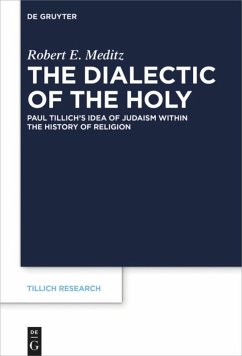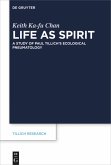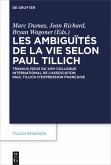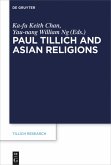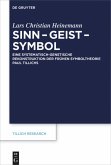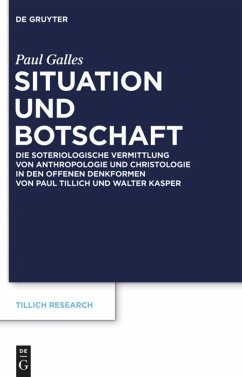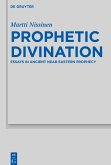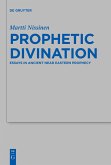This is the first published book-length treatment on Paul Tillich and Judaism, which is a neglected aspect of Tillich's thought. It has three compelling features. First, pivotal biographical details show the importance of Judaism for Tillich, and that he ardently opposed anti-Semitism before WWII and after the Holocaust. Second, Tillich's theological method is examined in key primary sources to show how he maintains continuity between Judaism and Christianity. The primary source analysis includes his 1910 and 1912 dissertations on Schelling, the 1933 The Socialist Decision, the 1952 Berlin lectures on "the Jewish Question," and his final public lecture on the importance of the history of religion for systematic theology. Particular attention is paid to his dialectical and theological history of religion. Third, Tillich's positive theology of Judaism contrasts sharply with the many complex, negative ways in which Judaism is portrayed in Western thought. This contributes significantly to our understanding the evolving history of Christian anti-Judaism.
Bitte wählen Sie Ihr Anliegen aus.
Rechnungen
Retourenschein anfordern
Bestellstatus
Storno

